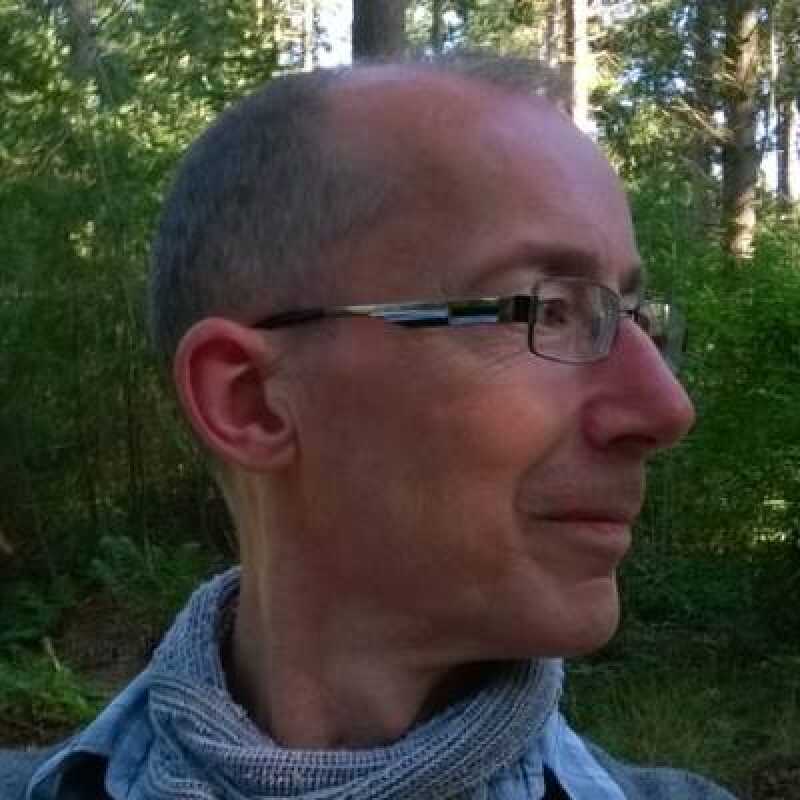- University of Kent
- Classical and Archaeological Studies at Kent
- People
- Dr Steve Willis


Dr Steve Willis has expertise in the Iron Age and Roman periods in Britain and Europe. His research interests cover settlement and society, material culture, landscape and environments, and phenomenology, as well as the archaeology of coasts and cultural expression in the Early Modern era. He has published widely on these topics.
As an undergraduate, Steve worked as a volunteer with the Colchester Archaeological Trust. He was then employed by the Trust as a site archaeologist, working on excavations focused on the Roman fortress and city at Colchester. At Durham University he took an MA in Roman Archaeology and continued his studies at Durham, completing a PhD on pottery types and distributions of the later Iron Age and Early Roman era. Subsequently he became a Senior Research Fellow in the Department of Archaeology. Steve moved to the University of Kent in 2004 and served a three-year term as Head of Department from 2005 to 2008 and served a second term as Head of Subject 2019-2020. Steve has been granted Study Leave for the Autumn term 2021 and will be preparing a book during this time.
Steve has received major funding grants from The British Academy and English Heritage. His recent research has won funding from The Roman Society and The Royal Archaeological Institute. He is an elected Fellow of the Society of Antiquaries and a Member of the Chartered Institute for Archaeology.
An elected member of the Study Group for Roman Pottery, Steve served a term as President for three years and has latterly fulfilled the role of editor of the Study Group's Journal, now into its 18th volume. He has been a member of the Council of the Kent Archaeological Society and trustee since 2006 and, from 2013, he has taken on a role as trustee of The Trust for Thanet Archaeology.
In the past ten years Steve has hosted and organised/co-organised over twenty conferences and gatherings examining aspects of the archaeology and history of Kent, held at the University's Canterbury campus.
Steve has wide experience of archaeological survey and excavations having undertaken and led work in Britain and abroad. He has worked on long term fieldwork surveys in Portugal and France and excavated in Tongeren, on the remains of the Roman city. In Britain he has excavated at sites from Sussex to Scotland and, between his MA and PhD, worked for the Museum of London.
His work has included studies and reports on Iron Age ceramics, Roman pottery, amphorae, samian ware and briquetage. A long-term research programme is exploring past settlement, economy and landscape use on the Lincolnshire Wolds through to the Viking period. In Kent, he is on the management team of the Lees Court Estate archaeological project of the Kent Archaeological Society examining a large area of the North Downs, rich in archaeological potential but hitherto little explored; the investigations have included student training in excavation and survey methods.
Steve is a member of the Artefacts and Society and the Health, Wellbeing and the Senses research clusters. He is also a member of the Centre for Late Antique Archaeology and the Centre for Heritage.
Steve teaches at both undergraduate and postgraduate level. These include Iron Age and Roman Britain and Europe and the archaeology of northern Europe. He also runs modules in fieldwork methods and practice.
He has organised and run fieldwork skills training and instruction courses as part of his research programmes for a number of years and welcomes enquiries about postgraduate study and research from prospective students.
Steve has supervised a number of PhD candidates to successful completion in the last six years, on topics including:
He is currently overseeing PhD studies focused on Roman Small Towns, and the pottery from the villa and settlement complex at Hoogeloon in the Netherlands.
Loading publications...
Showing of total publications in the Kent Academic Repository. View all publications